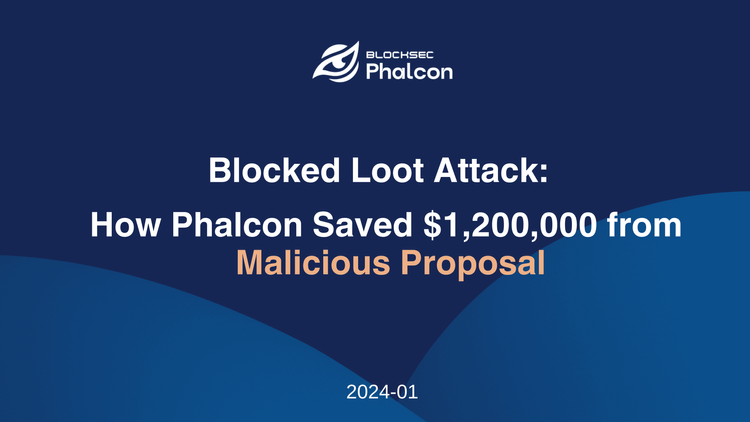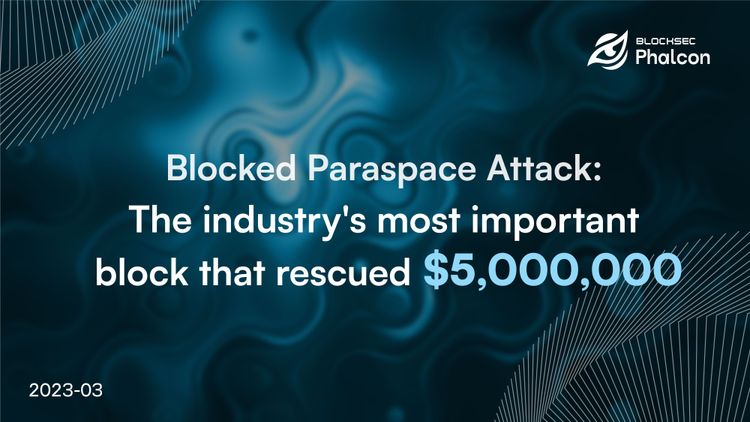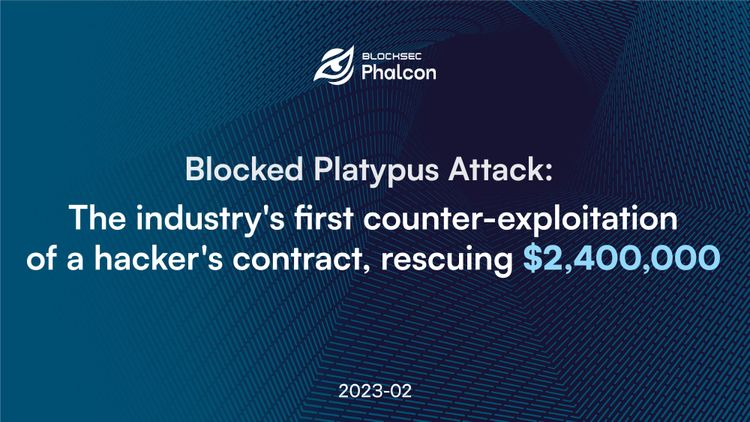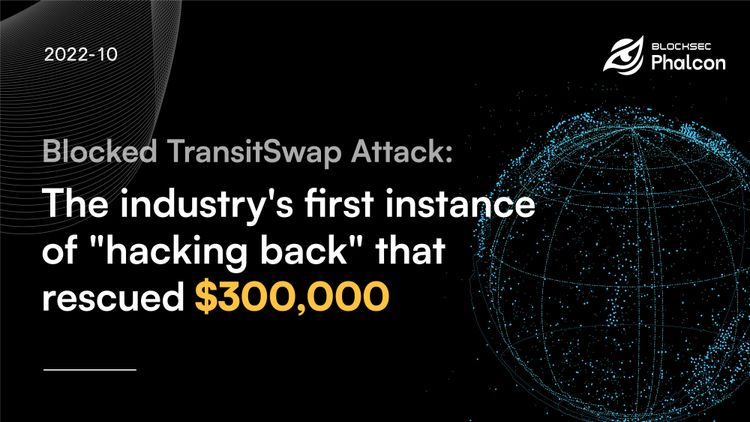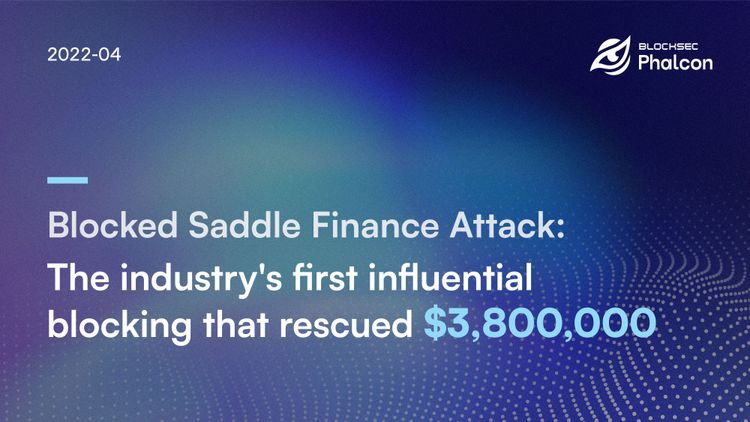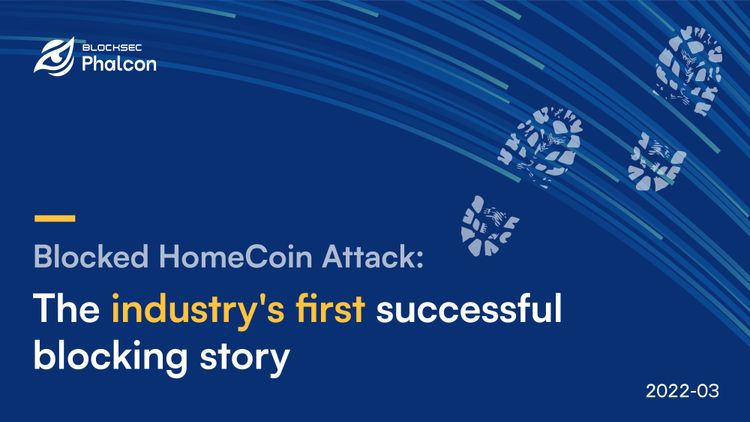

Precise Attack Intelligence
Be aware of every attack transaction instantly
Learn More
Automatically Block Hacks
Block hacks before execution to prevent any loss
Learn More
Simplified & Flexible Configuration
The system auto-creates monitors, and you can customize your own for complex scenarios
Learn More
Gain Early Access to Precise Attack Intelligence

Early Detection:
Scan transactions early at the mempool stage to detect hacks before they happen.
Precise Detection:
Scrutinize over 200 typical hacking characteristics to achieve the highest precision. Discover Our Research
Comprehensive Risk Coverage:
The system not only detects attacks but also identifies risks in four key aspects — operational, interaction, financial, and multi-sig wallets (Safe{Wallet}) — effectively mitigating most threats that protocols might face.

Automatically Block Hacks to Prevent Any Loss
Automated Actions:
Automatically initiate response actions to counteract hacks.

Gas-bidding Strategy:
Place our transaction on the chain ahead of the attack's to block the hack before it can be executed.
Enhanced Authority Control:
Provide diverse triggering modes supporting both EOA and multi-sig wallets, offering enhanced flexibility and strict protocol authority controls.

Simplified Configuration for Effective Risk Management
Simplified Configuration:
Easily import addresses via protocol or CSV, and the system will automatically generate monitors tailored to the associated risks of your addresses.

Flexible Configuration:
You can create monitors using templates. Additionally, you can customize rules, combine different rule types and adjust parameters for complex scenarios.

Phalcon by the Numbers
Use Cases
Phalcon's White-hat Rescue Stories
Testimonials
Phalcon supports Ethereum, BSC, Arbitrum, Avalanche, Base, Solana, Optimism, Gnosis, Mantle, Manta and Morph, with support for other L1/L2 chains also in our pipeline.
If you would like to accelerate Phalcon's support for a specific chain, please contact us at[email protected].
BlockSec Phalcon
Your All-in-One Security and Compliance Management Platform
Activate Your Defense with Phalcon!
Register today to safeguard your protocols with Phalcon – your real-time sentinel against external threats, automatically blocking attacks before they strike.














